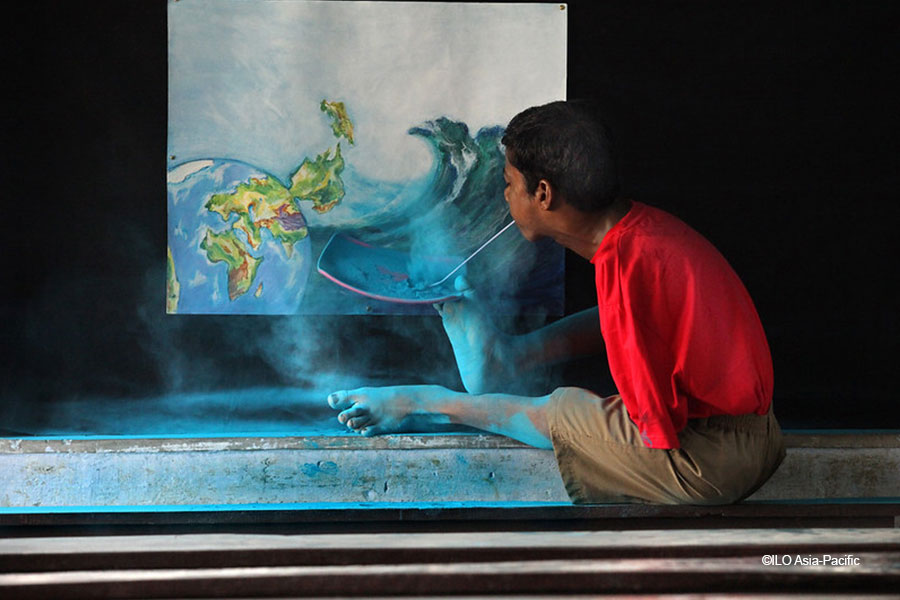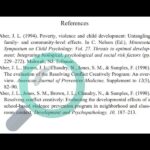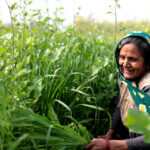‘What Works’ for Improving Social Inclusion for People with Disabilities
Stereotypes, stigma and social exclusion are the biggest promoters of discrimination against disabilities and possibly the most prominent obstacles to social inclusion. It is not uncommon for people with disabilities to be restricted by physical inaccessibility to infrastructure, a negative societal response, insufficient policies, or systematic ecosystems, as a result of which they are unable to avail opportunities and face real-life barriers.
I am reminded of an anecdote from my field experience in India during my masters of a mother of a fifteen-year-old young girl with a physical disability. The mother ensured that her daughter received high-quality education and exuded self-confidence by enrolling her in part-time government-funded computer education. But despite the virtuous aura, she often felt ostracised for having a daughter with a disability. She would share instances where she and her daughter was made to feel inferior to other by the remarks and comments of her neighbours. Because of her daughter’s disability, the mother was repeatedly reminded that her child would never be able to have a meaningful relationship and that no one in her community would marry her daughter. Her daughter was restricted from participating in school leisure and sports activities due to discrimination or lack of infrastructure. The interaction translates into a narrative that exists in our society where we either glorify disability, or we look at disability from a charity perspective, where they are stigmatised.
It is often the case that due to sustained exposure to discrimination, individuals with disabilities may internalise prejudice and suffer from numerous adverse effects. Additionally, stigmas can manifest in three ways; through the public perception that people with disabilities are not self-sufficient; self-internalisation that they do not belong in society, therefore, cannot/should not exercise their rights or make informed decisions; and thereby permeating institutions which citizens constitute. People with disabilities often lack understanding and acceptance from society and may be excluded from social activities or developing engaging relationships. This lack of social inclusion can lead to feelings of loneliness and a lack of self-confidence. It is, therefore, imperative to strive for increased social inclusion and acceptance of people with disabilities to ensure their well-being and improve their quality of life. There are many drivers of the stigma, which means there are many ways to address the issue.
The Campbell systematic review we just published contributes to pointing out the most effective interventions that improve the social inclusion of people with disabilities in low-and-middle-income countries. The review findings highlight promising evidence that interventions could enhance social skills and relationships among people with disabilities in low and middle-income settings (LMICs). What works to improve this group’s social inclusion and community integration and participation is unclear. There is a gap in evidence on the effectiveness of community-level interventions that address societal barriers to inclusion, such as stigma reduction, and system-level interventions that improve legislation, infrastructure, and institutions.

There is a greater need for a concerted effort by the community of researchers and decision-makers to ensure that people with disabilities have access to the same resources, opportunities, and rights as everyone, including an enabling environment for meaningful participation and representation at local, national, and international levels.




